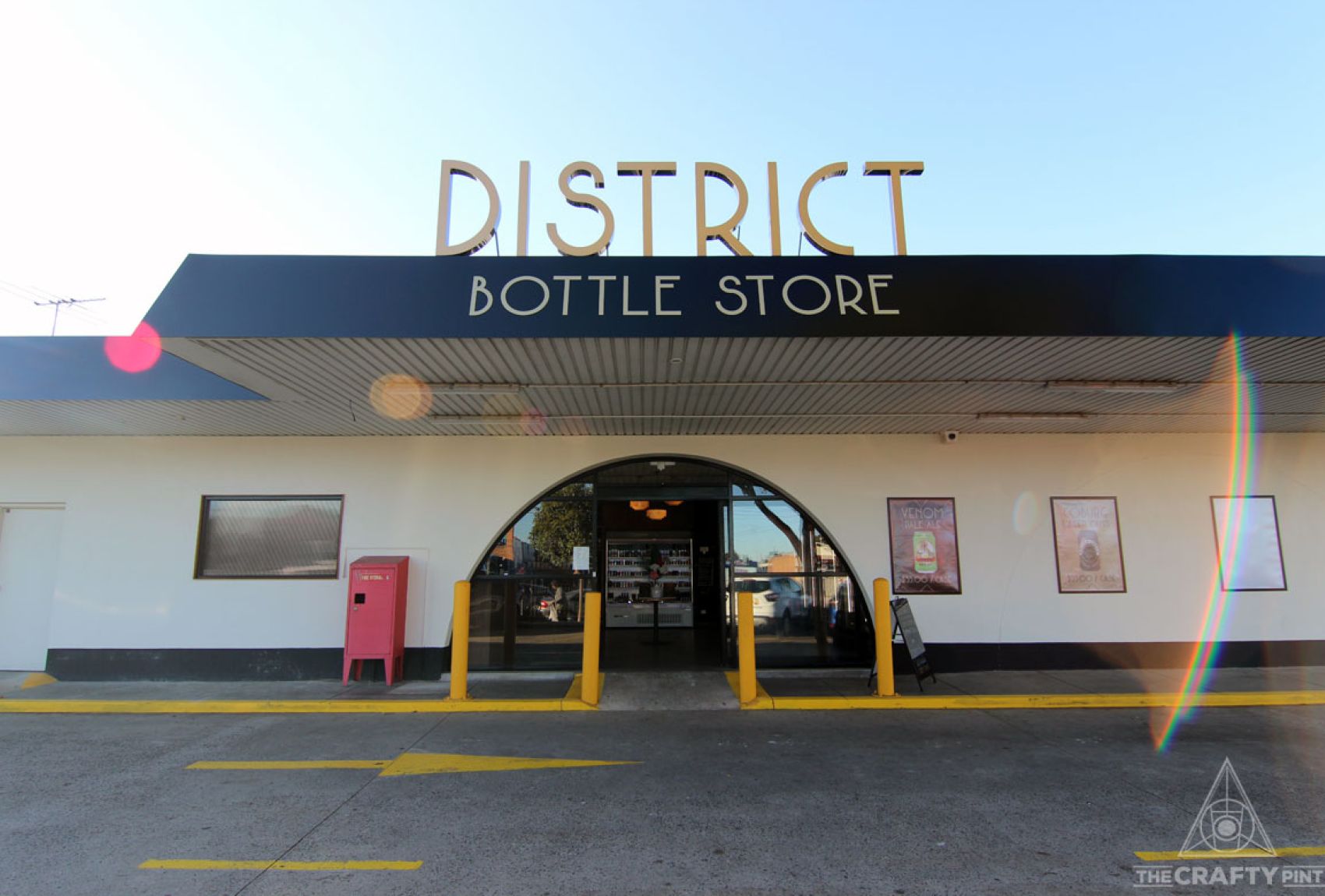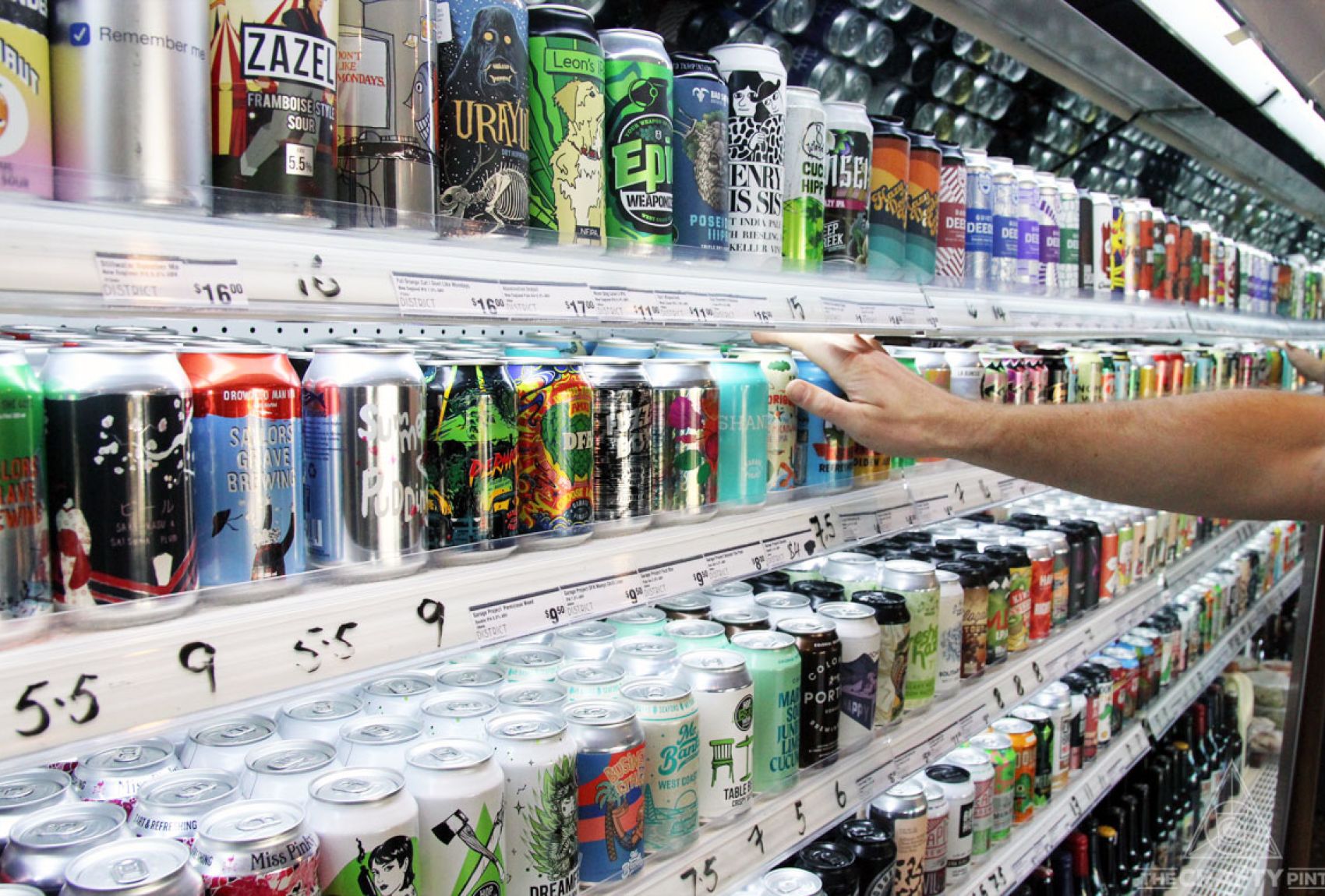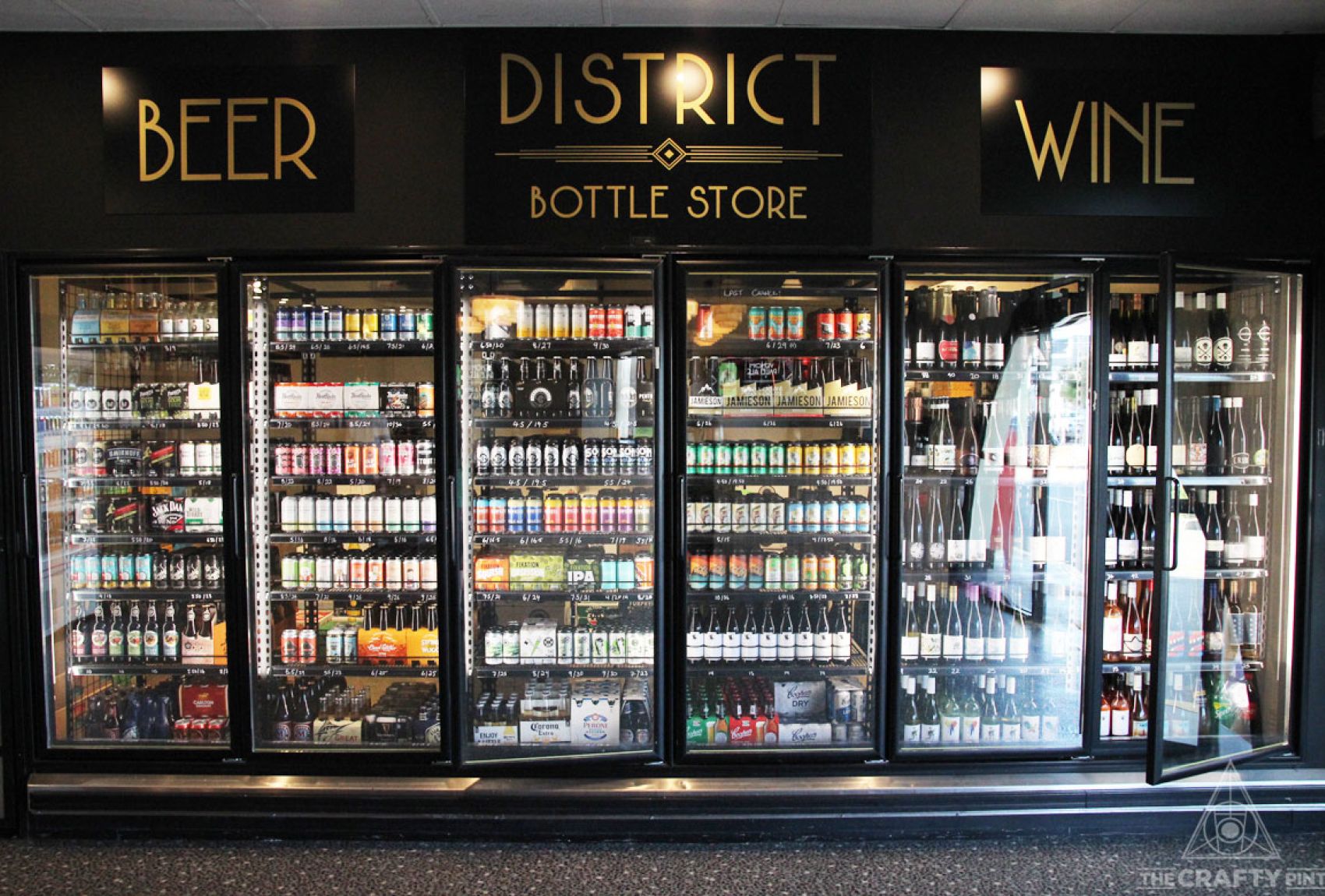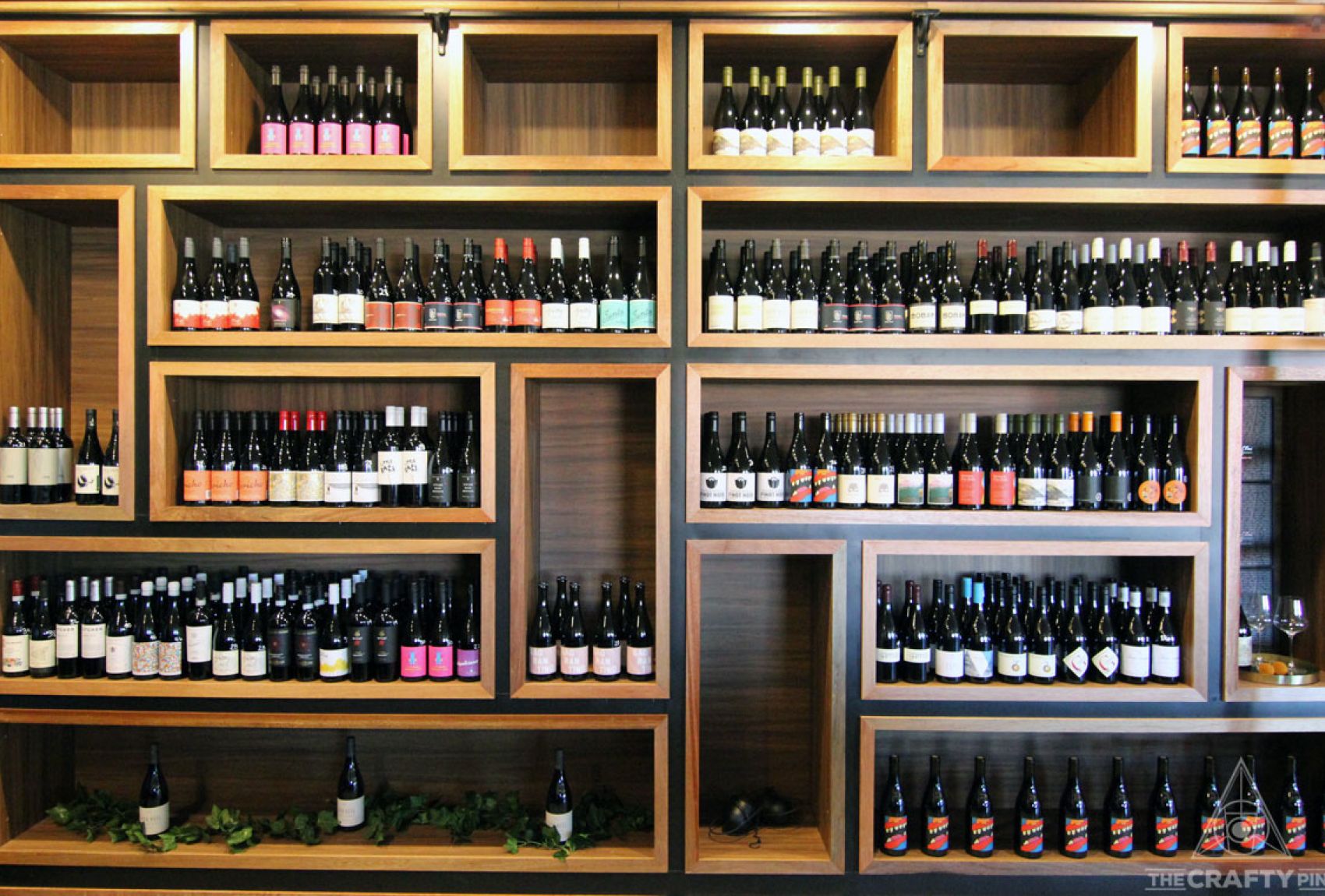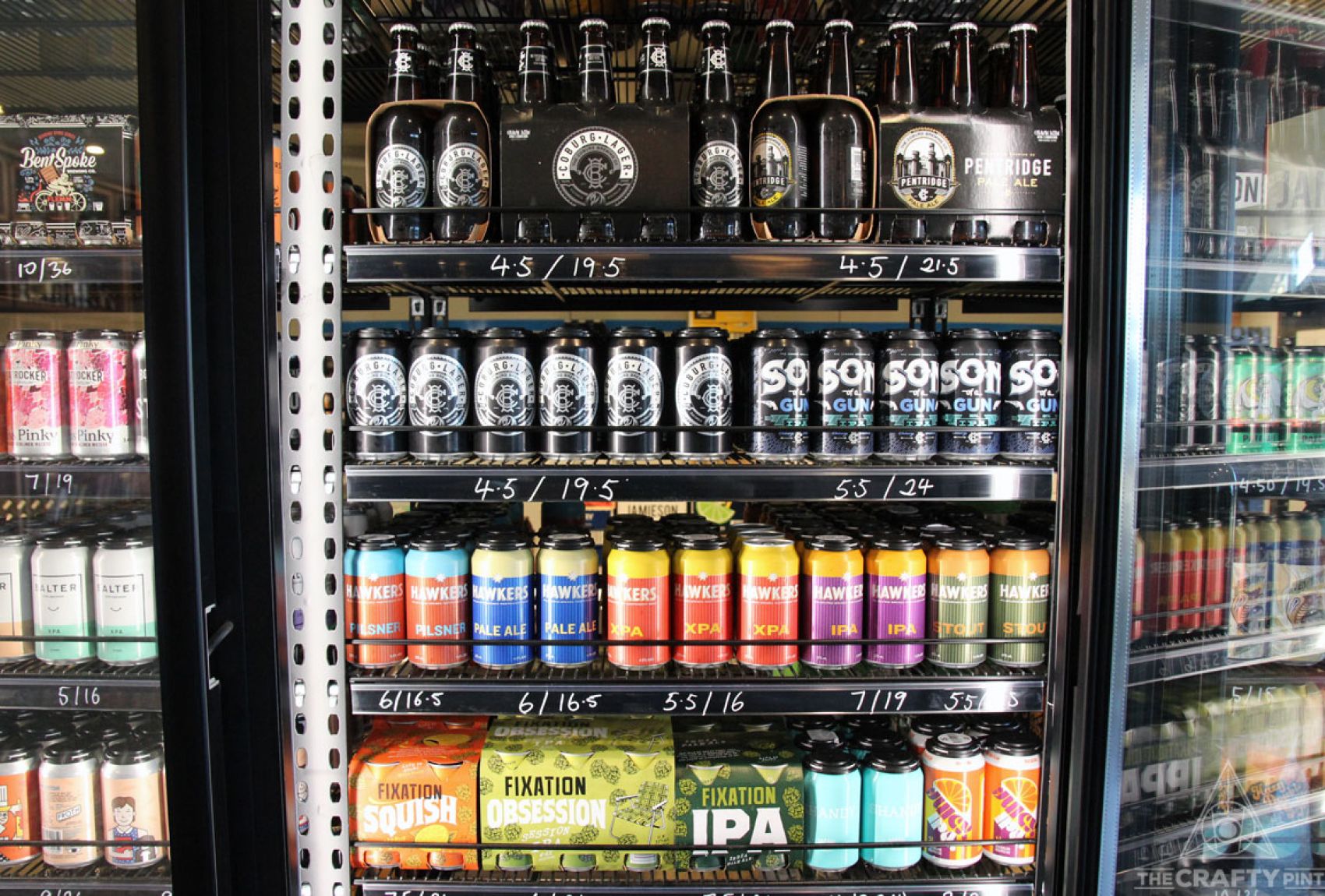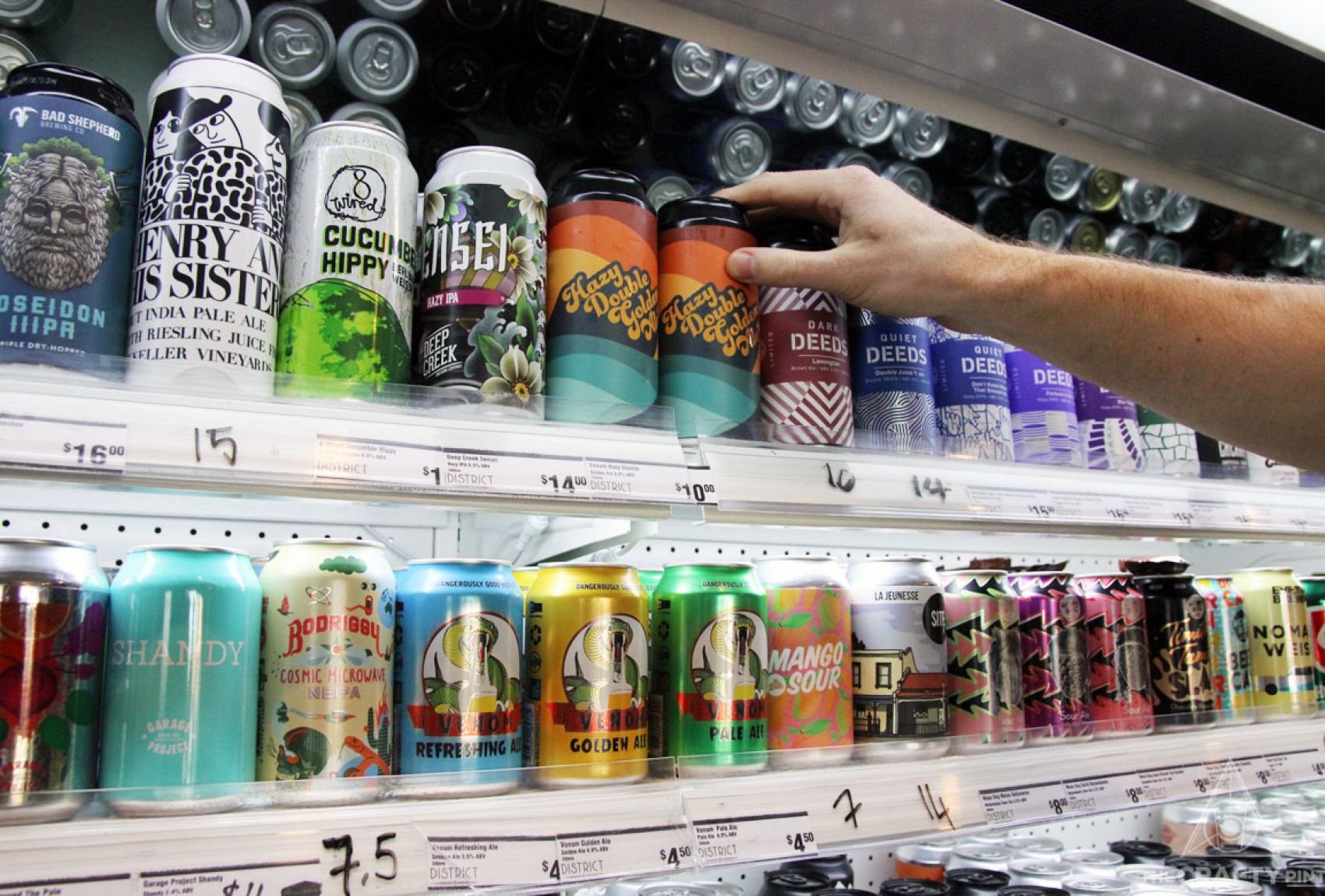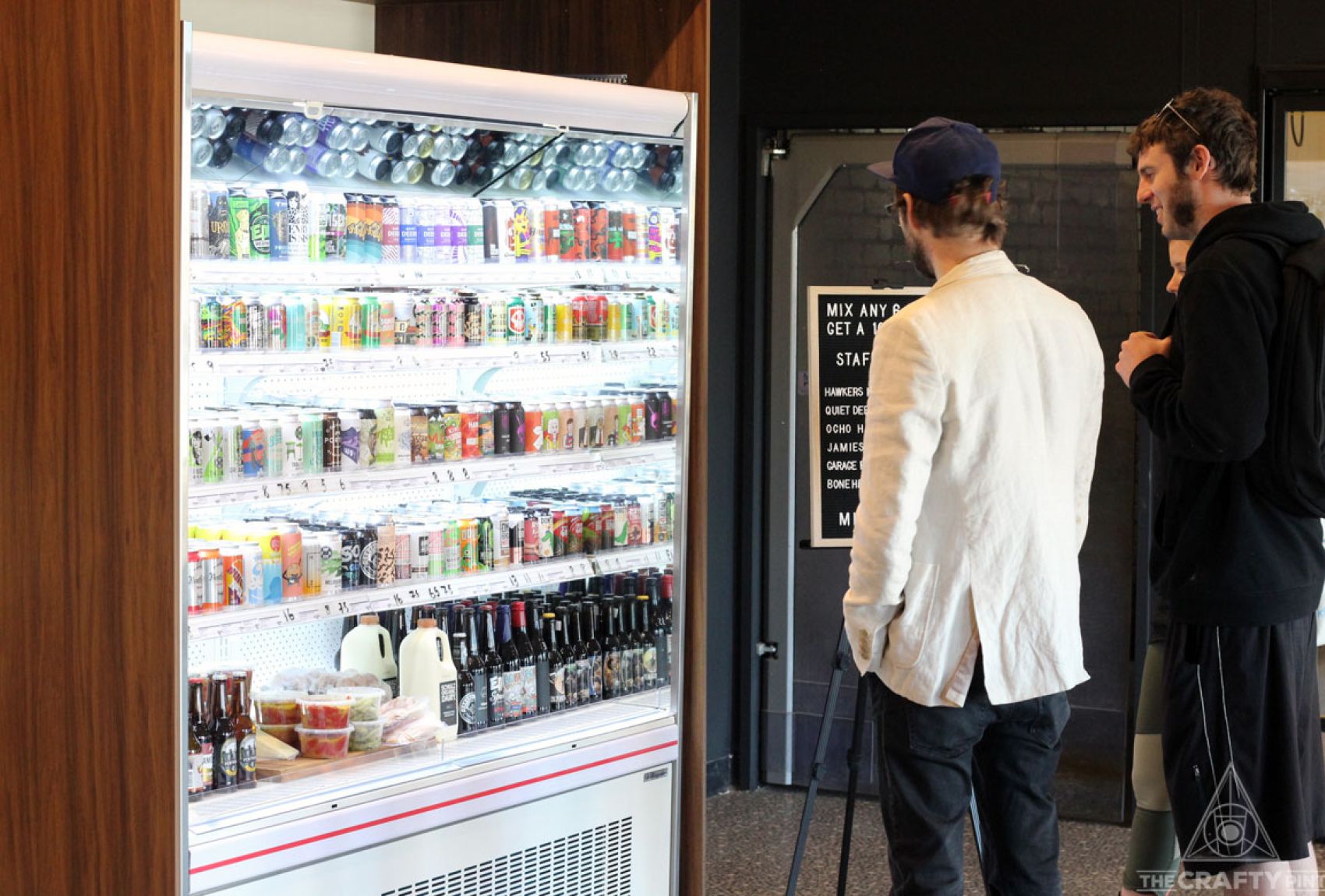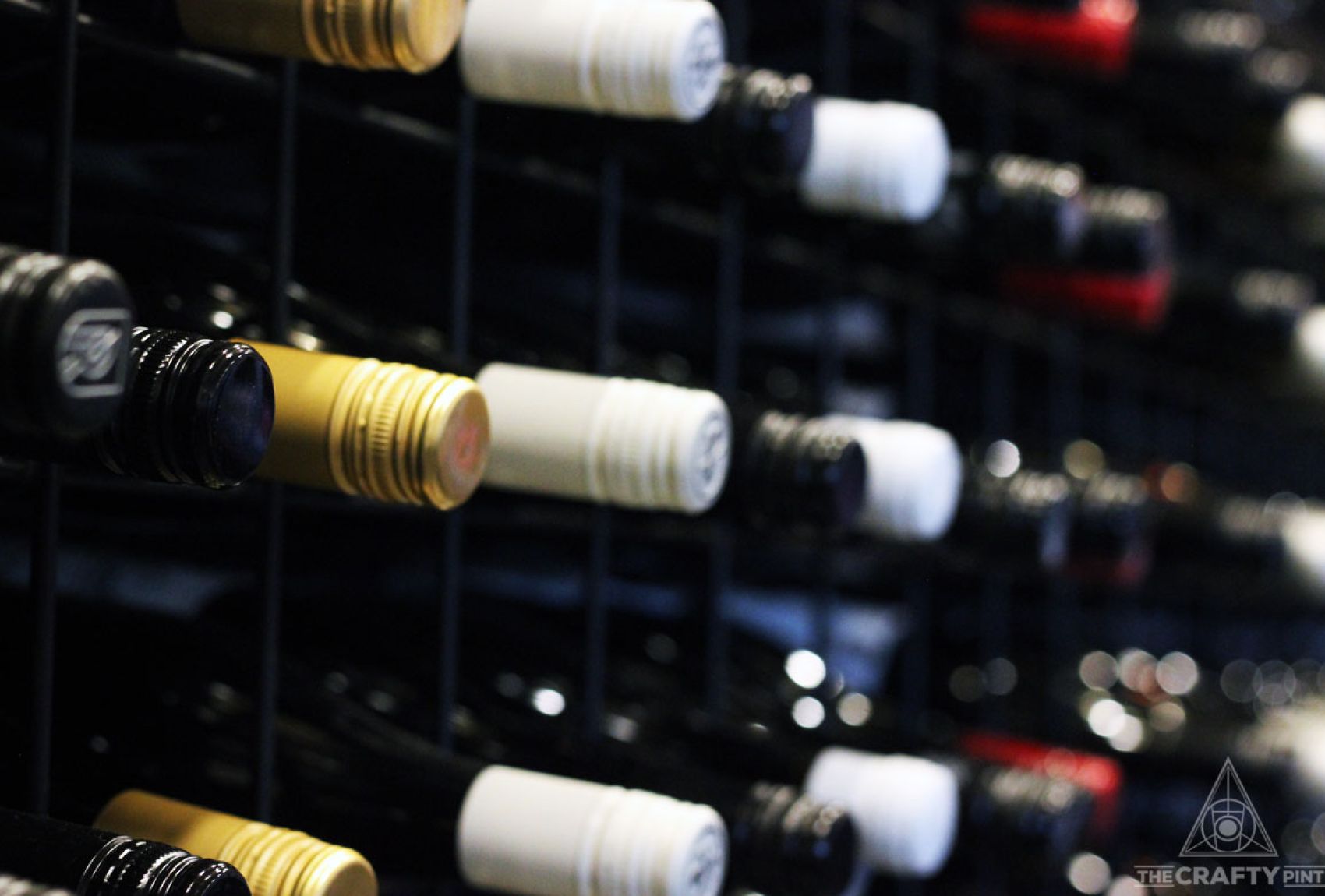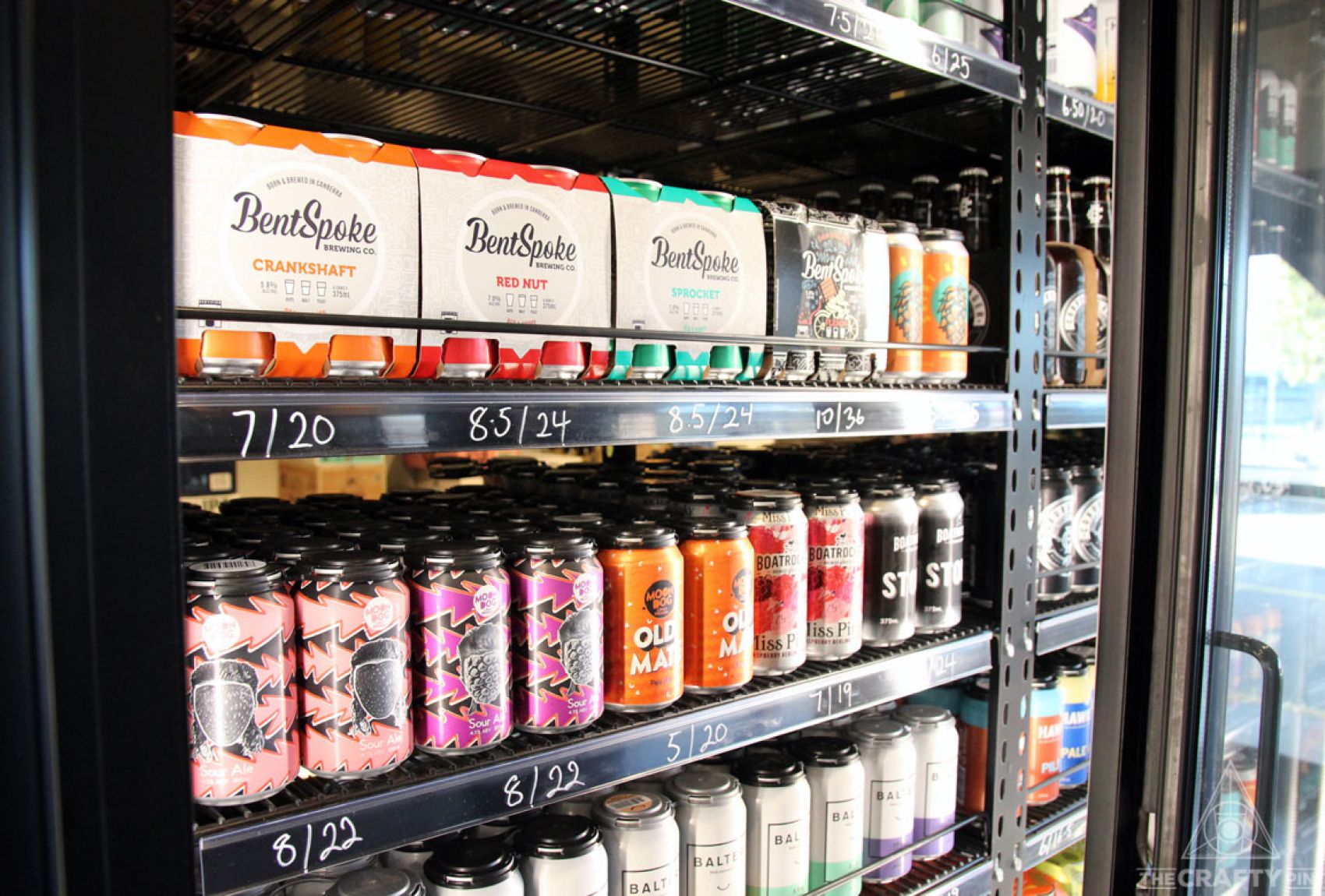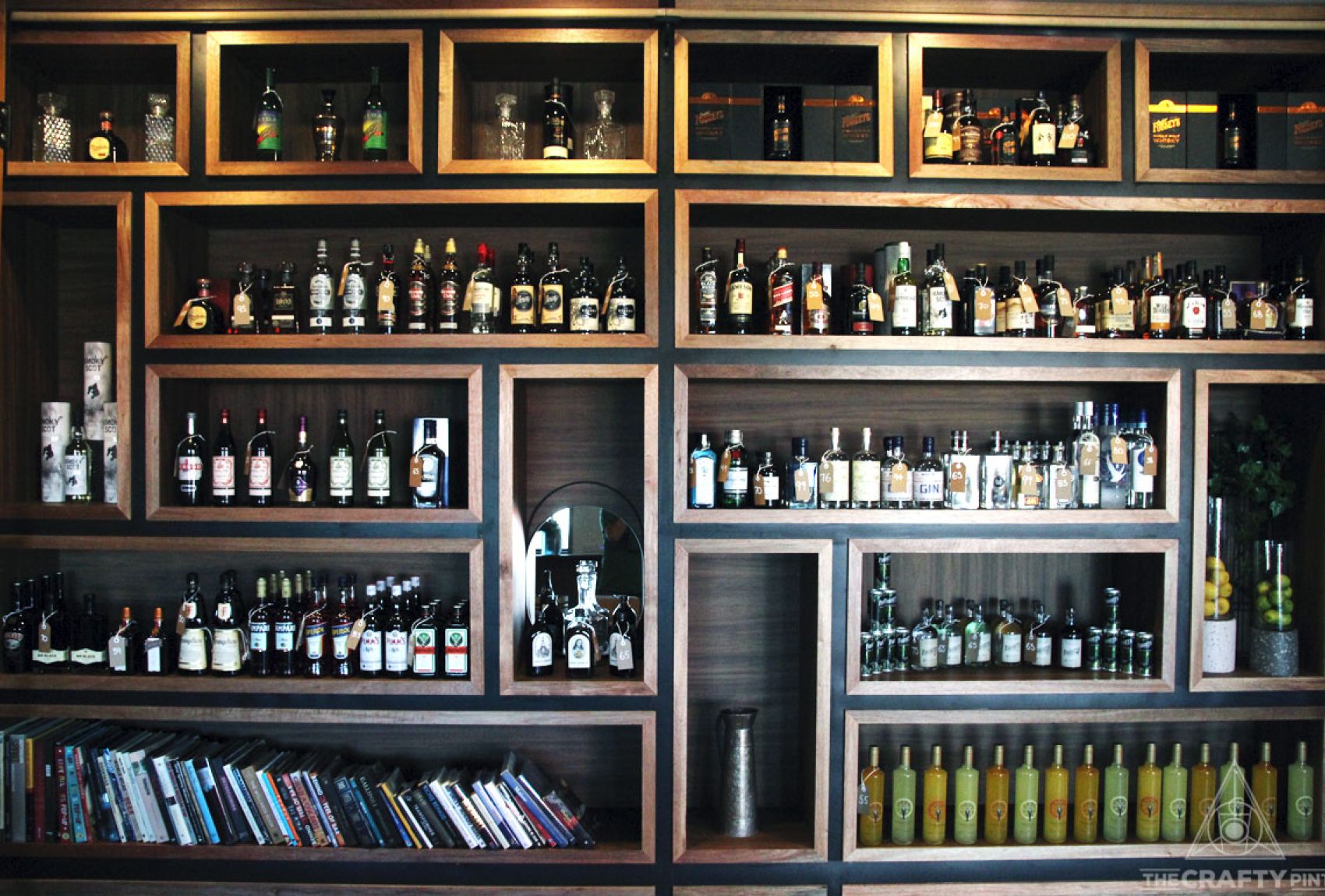Between the two families, it’s fair to say the Drysdales and Canevas had their fingers in plenty of pies. Or, more accurately, in plenty of pints.
Joel and Janna Drysdale are the couple behind Venom Brewing, with Joel born into a family of publicans, and whose folks run the Country Club Hotel in Yea. Danial and Jane Caneva are the owners of Coburg Brewing and the Post Office Hotel in the suburb of the same name, while he grew up running the Duke of Windsor Hotel in Chapel Street (now the Lucky Coq) with his dad, himself the son of a Melbourne publican. Together, they also launched Bandwagon Beverages, which distributes a number of local craft beverages, both beer and otherwise.
It’s the sort of portfolio anyone prior to March 2020 would have described as diverse, a setup in which the chances were good that any downturn for one element of the business would likely be compensated for elsewhere. But, as many people in the business of booze discovered when COVID-19 hit, global pandemics don’t care for diversity.
Thankfully, the foursome had an ace up their sleeves. They’d taken the lease on a site in Pascoe Vale that had been a bottleshop for decades, initially Nicholson Cellars then a BWS. And they were working towards opening in time for Easter 2020.
So, when COVID-19 shut down the global hospitality industry and left them scrambling as to how to shore up their brewing, pub and distribution operations, they had the option to continue with their bottleshop plans. With takeaway outlets remaining open, they decided to plough on, launching District Bottle Store before the Easter long weekend – and mighty glad they did.
They enjoyed the sort of early days boost one might hope for with a new business, and have continued to enjoy good patronage since. You might argue it’s partly down to the fact they’ve brought a decidedly crafty offering – both in terms of beer and the wines and spirits lining their shelves (of which more later) – to a pocket of Melbourne without one. But it’s equally likely to be down to what they’ve done with the joint.
The site came with in-built advantages: the walk-in cool-room, highly visible location and plentiful parking out front. And you could argue the owners’ pedigree and contacts made the compiling of a diverse and appealing lineup of drinks something they could have done in their sleep. (Interestingly, given the challenging time at which they opened, early weeks showed more customers were drawn to the smaller fridge of rapidly-changing, higher-priced limited releases than the six-packs and cases lurking within the wall of fridges you pass on the way in.)
But, for all that, the place didn’t look or feel anything like it does now following its Art Deco revamp, one that’s apparent from the moment you spot the bold “DISTRICT” sign that sits on the roof above the entrance. Once you make your way past the counter, the vibe is less suburban bottleshop than an NYC restaurant from the early part of the last century popular with Mafia families.
From the light-fittings above the counter to the polished wooden shelves and the pièce de résistance, the ladder on rails to aid with selections from the top shelves, like a librarian reaching for an old, leather-bound volume, it’s not your common or garden bottlo. Little surprise, then, when you discover it will over time evolve into a wine bar and bottleshop.
Until that time, it’s the sort of place where you’ll be able to satisfy your booze-related desires (and pick up a few choice morsels too) whether they’re common or garden or, more likely, of a more refined nature. All in the company of people who live and breathe beer.



